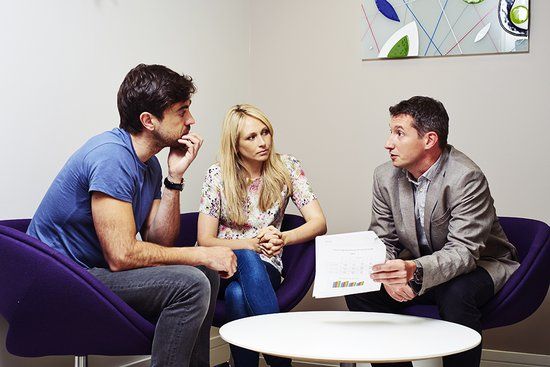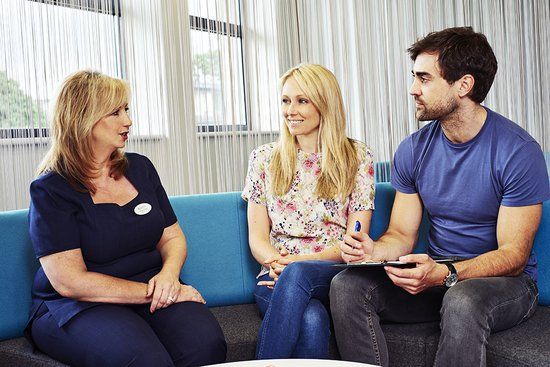At Manchester Fertility we’re one of the leading infertility centres in the North West, investigating and treating reproductive health issues to help people have a baby.
If you’re planning to have a baby in 2014, you may assume that you will fall pregnant naturally and easily. But it’s not unusual for conceiving to take longer than you hope. And if it does, you may be concerned that there’s an underlying fertility issue preventing you from falling pregnant.
So why not make your New Year’s resolution to inform yourself about your own reproductive health? If you have a clear understanding before you begin trying to have a baby about how fertile you are, it can help you plan accordingly.
Our Fertility MOT tests are thorough reproductive health tests for both you and your partner and involve two appointments at our clinic.
For women, initial investigations involve Anti-Mullerian Hormone testing, which provides us with a good estimate of the number of eggs in your ovary, testing for Chlamydia using a urine sample and also Rubella testing to check your immunity against German Measles. For men, initial tests include a semen analysis – to look for any sperm disorders such as abnormal sperm or low sperm count – and also a Rubella test.
The results of these initial tests will be discussed with you at your second appointment, which will take place around two to three weeks later. This consultation will last around an hour and further tests will be done at this appointment including a transvaginal ultrasound scan of your womb and ovaries, and a HyCoSy (Hysterosalpingo Contrast Sonography) test if appropriate.
A HyCoSy test checks if your fallopian tubes are open or blocked, but can’t be performed if you have a history of pelvic inflammatory disease or previous tubal surgery. It’s a non-invasive ultrasound procedure and involves passing a thin catheter through the cervix and into the womb. A special fluid that can be seen on the scan is injected through the catheter and its passage through the womb and fallopian tubes is observed.
Once all tests have been completed for your Fertility MOT you will be given a full written report and a thorough explanation of your results, including the most appropriate fertility treatment if any of your tests show a potential problem.
Remember that even if your tests do show there may be an issue, our expert consultants specialise in many different forms of infertility and we use the latest evidence-based treatment techniques and technologies at our state-of-the-art clinic in Cheadle, Cheshire, to help you have your family. Read more About Us and our Fertility MOT reproductive health assessments. You can also arrange an informal tour of our clinic by calling our friendly Patient Advisors on 0161 300 2737.
Last updated: 20th January 2020




